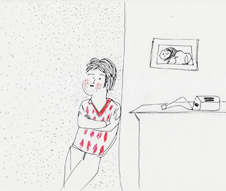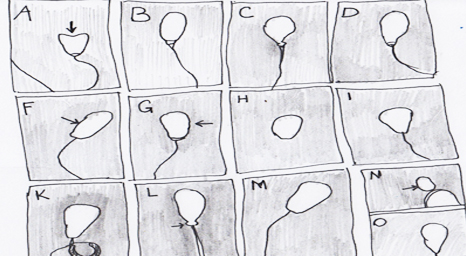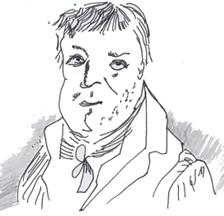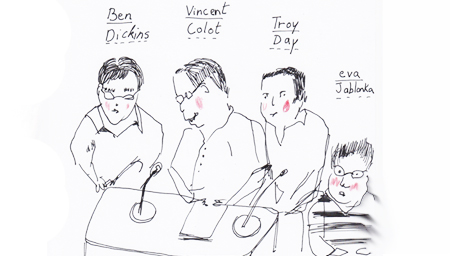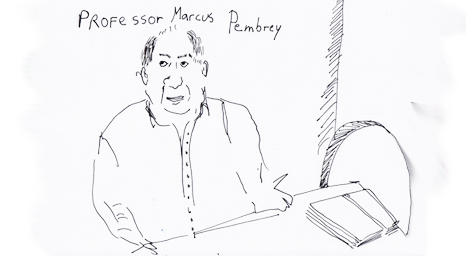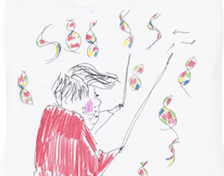“A new scientific truth does not triumph by convincing its opponents and making them see the light, but rather because its opponents eventually die…”
Thomas Kuhn quoting Max Planck.
Science is about Ideas – ideas that stick. Well, perhaps that should be the history of science is about ideas. Science as it is practiced is mostly about going in to work in the morning, reading, having lunch, writing, checking emails, going on facebook, having a drink after work, intermixed with a bit of pipetting, measuring and so on. You know, a normal job.
My namesake Thomas (Kuhn) in his famous book, The Structure of Scientific Revolutions argued that science does not proceed by scientists formulating a hypothesis, then testing it with experiment – and if disproved, dispassionately concluding their hypothesis to be false and moving on. Rather, Kuhn pointed out that if an experimental result doesn’t fit with the generally accepted scientific model, they will either reject the experiment as flawed or inaccurate, or, instead of regarding the hypothesis as disproved, they’ll extend or alter it slightly so as to incorporate the odd result. This Kuhn called Normal Science – which is how science operates most of the time. Researchers work inside the current paradigm, which allows them to get on with ‘puzzle solving’ – that is, focussing on the details without having to question the fundamentals of their discipline. In this way they reinforce the current paradigm rather than attempting to falsify it. If an individual researcher claims that they’ve found out the current paradigm is fundamentally flawed, or questions it’s underlying assumptions, then they’ll be outcast as a scientific heretic.
However, eventually, so much extending of the paradigm has been necessary, that a new paradigm arises to account for the overwhelming amount of results which don’t fit. The proponents of the new and old paradigms battle it out for a while, (basically until the old guard die off), and the new paradigm becomes the generally accepted model – a paradigm shift has taken place.
Can you say that the new paradigm is better than the old one, or that it’s ‘true’ and the superseded paradigm is false?
According to Jane Gregory (and other philosophers of science), the only way of deciding between one paradigm or another, is on the basis of which one gives us answers that are ‘most helpful’, or even the answers that we ‘want’. . .
“An unforeseen consequence of Darwinism was the
legitimisation of Genocide”
Professor John Gray.
Professor Marcus Pembrey on ‘Livingness’
Professor Marcus Pembrey spent his career as a clinical geneticist. read more
Professor Marcus Pembrey on ‘Responsiveness’
The consensus view of whether our behaviour is due to nature or nurture, genes or environment is well worn. read more
Brother Gregor Mendel, 1853
As happens every morning at 10:00, the bell rings calling the musically inclined friars to chapel. read more
1866. Brother Mendel discovers epigenetic effects in chickens
“Gentlemen, let me recap. Chickens will not eat in the dark… read more
1884. Brother Mendel discovers the laws of genetics
“My day will come” you mutter under your breath… read more
